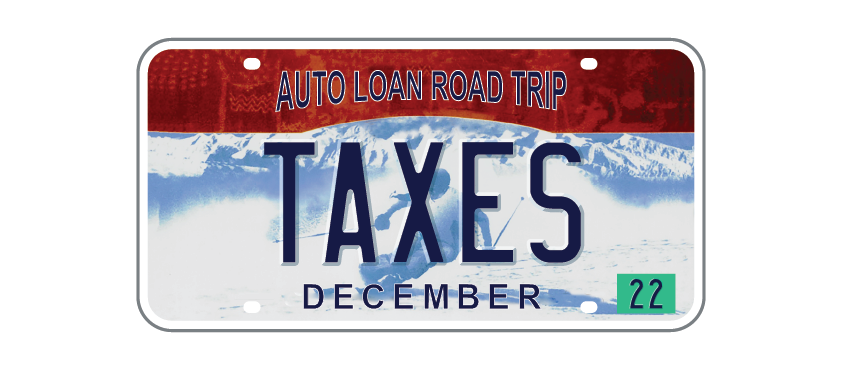 When buying a vehicle, Utah car buyers can expect to pay at least three types of sales tax. Officially, these are known as State Sales & Use Tax, Local Sales & Use Tax, and County Option Sales Tax. But it doesn’t necessarily end there. This is because cities and/or counties may collect additional taxes to support their public transit, highways, hospitals, or zoos, to name a few. This means that your location in the state impacts the amount of sales tax you pay on a new car.
When buying a vehicle, Utah car buyers can expect to pay at least three types of sales tax. Officially, these are known as State Sales & Use Tax, Local Sales & Use Tax, and County Option Sales Tax. But it doesn’t necessarily end there. This is because cities and/or counties may collect additional taxes to support their public transit, highways, hospitals, or zoos, to name a few. This means that your location in the state impacts the amount of sales tax you pay on a new car.
So, how do you know how much sales tax you’ll end up paying? The rate charts on the Utah State Tax Commission’s website can help answer this question. These charts break down the current sales tax rates by city and county. Keep in mind that if you buy from a dealer, taxes will be based on the city and county where the dealership is located. If you buy from a private party, however, taxes will be based on the city and county where you register the vehicle.
Buying From a Private Party
If you’re buying from a private party, you’ll pay sales tax when you go to register the vehicle at the Department of Motor Vehicles (DMV). Be sure to take along the bill of sale, which should disclose the net purchase price of the vehicle. To determine how much sales tax you'll need to pay, the DMV will multiply the net purchase price by the applicable sales tax rate. If you don’t have a bill of sale, the DMV will calculate the tax based on the vehicle’s fair market value.
For more information on want constitutes an acceptable bill of sale or how a vehicle’s fair market value is determined, visit DMV.Utah.gov.
Purchasing From a Dealership
If you’re buying from a dealer, certain parts of your transaction will be taxable and others won’t. Aside from the price tag of the vehicle itself, you may be taxed for other items or services you’re charged for at the time of purchase, such as dealership fees, extended warranties, and documentation fees. Some items are not taxable, such as GAP coverage charges, manufacturer’s rebates, Utah safety inspection fees, or county emission testing fees. As you’re purchasing a vehicle, the dealership should provide you with paperwork outlining everything you’ll being charged for, which items are taxable, and the total tax amount you'll pay.
To learn more about what items are taxable and nontaxable, visit Tax.Utah.gov.
Trade-Ins
In many states, including Utah, you can get a tax credit when trading-in a vehicle. For instance, say you’re trading your car for a new one that costs $30,000. The seller offers you $10,000 for the old car. This gives you a net purchase price of $20,000 (net purchase price is the purchase price of $30,000 minus the trade-in value of $10,000). Because of Utah’s trade-in tax credit, you’ll only be required to pay sales tax on the net purchase price ($20,000) and not on the original purchase price ($30,000).
Leased Vehicles
Sales tax will be due on any down payment you make when leasing a vehicle in Utah. Taxes will also be deducted from each of your monthly lease payments. This means you'll only pay taxes for as long as you lease the vehicle rather than paying a lump sum of sales tax on a vehicle that you may or may not own a few years down the road.



